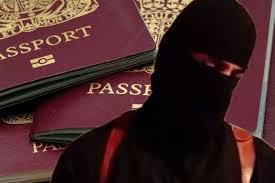As an emerging power with global aspirations, India must first befit a regional power
Within just six months in power, Narendra Modi has managed to induce a dramatic overhaul of India’s hitherto muffled and ill-defined foreign policy, and has dramatically increased his country’s global profile. Successful summits with the BRICS grouping (Brazil, Russia, India, China and South Africa), Japan, China, Nepal and Bhutan were topped off with a high-profile visit to the United States (US) from 27-30 September. Modi’s US visit was his most interesting foreign trip: barred from entry to the US for nine years because of accusations over his role in the Gujarat massacre of 2002, the red carpet to the White House was rolled out. Modi received a ‘rockstar’ reception in the US, especially from Americans of Indian origin, for example addressing 18,000 people at Madison Square Gardens in New York.
Unlike his predecessors, Modi has underscored foreign policy as a priority from the beginning alongside a strong mandate to put India’s economy in order. Modi aspires to re-invigorate India’s emerging power status, which suffered in recent years due to poor economic growth. He has not only injected focus and ambition into India’s foreign policy, but also linked it directly to his plan to transform India’s economy. Launched in September 2014, ‘Make in India’ has become Narendra Modi’s signature programme Continue reading





 TARAKHEL v. SWITZERLAND – 29217/12 – Grand Chamber Judgment
TARAKHEL v. SWITZERLAND – 29217/12 – Grand Chamber Judgment








